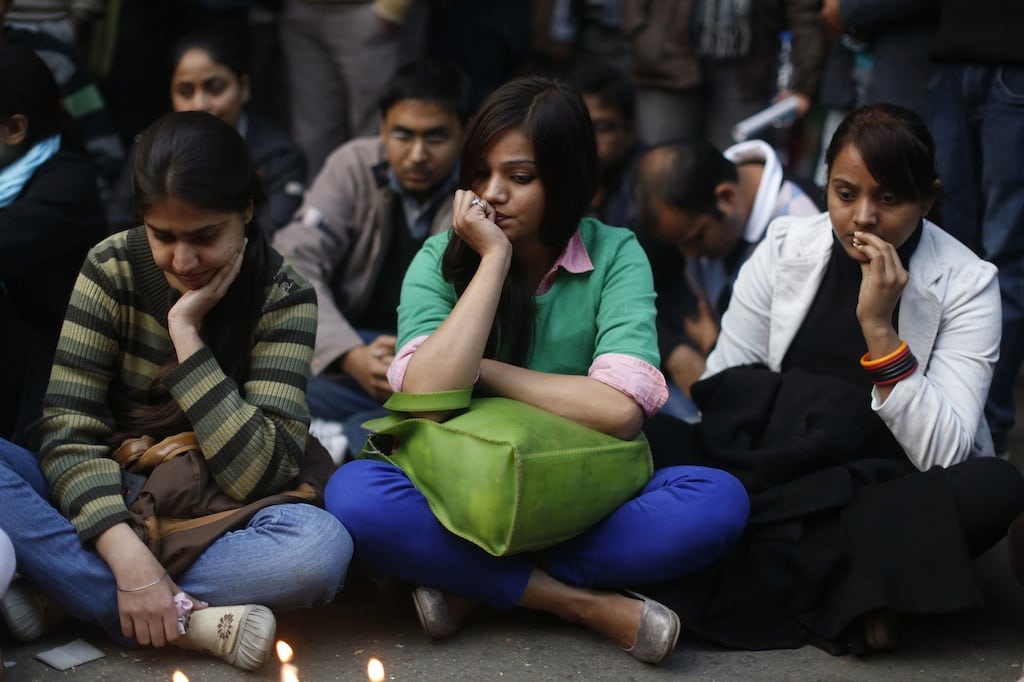Skift Take
India's economy isn't doing so well, the political climate around women's safety is pretty bad, and now if tourists stay away, this will be a disastrous year for the country on all fronts. The leaders, including the always-silent prime minster, need to step up.
This week in Singapore, a young woman told me how she had put off a long-dreamed of trip to India.
“I’d been hoping to go for a spiritual retreat but then there was all that stuff with the rape case,” she said. “So instead, I planned a trip with my family to Thailand.” On Tuesday, she hopped on a plane to Bangkok.
I’ve no idea how many people have felt the same way as the young woman I spoke to. But India’s image has taken a pounding since the December 16 gang-rape in Delhi in which a young woman was assaulted and beaten so savagely she died two weeks later. Her male companion narrowly survived.
That damage to India’s reputation is in some respects unfair; rape is a global problem, not just an issue that India needs to address.
But if India is to repair its reputation it needs to do several things.
One is to set in motion a series of measures that show the authorities take rapes and sexual assaults seriously.
The government has promised to enact a series of reforms suggested by a commission it established in the aftermath of last December’s attack. But it has only agreed to enact some of the reforms. To the outrage of campaigners, for instance, the authorities do not intend to change to law to recognise the crime of rape within a marriage.
Another thing the country’s elected leaders and officials need to do is think before they speak.
This past weekend, another gang-rape made the headlines. This time the incident involved a Swiss tourist, rather than a Delhi student.
The incident was shocking as much for the subsequent response of police as for what took place itself. The woman and her husband were partly to blame, claimed the police in the state Madhya Pradesh, because they had not consulted the local police station about where would be a safe spot to pitch their tent.
It reminded me of so many other incidents over the years when officials have sought to put the blame on the victims themselves. Back in 2008, when British teenager Scarlett Keeling was raped and killed and her body left on a Goan beach, one local MP claimed that a rape committed after midnight, should be treated differently to other crimes.
At around the same time, the chief minister of Delhi, Sheila Dikshit, found herself in hot water following the murder of a local journalist, Soumya Vishwanathan, who was shot dead in her car as she drove home from work in the early hours. “One should not be adventurous,” the chief minister said, to widespread and well-deserved outcry.
Today another incident has been reported as a British holidaymaker in India was injured after she jumped from a third-floor hotel balcony in the historic tourist town of Agra to escape what she feared would be a sexual assault by a group of men.
My feelings about India are those of someone who has had the privilege to live there for the past five-and-a-half years and who has grown fond of the country. It is a place where I myself have never felt in any danger.
But if the country wants to prevent more people like my friend in Singapore deciding to cancel her trip, India’s leaders need to give the issue of making it safe for women – its own, as well as those visiting. It requires empathy, common-sense and most of all action. Please.
![]()
Skift India Report
The Skift India Report is your go-to newsletter for all news related to travel, tourism, airlines, and hospitality in India.
Have a confidential tip for Skift? Get in touch
Photo credit: Demonstrators take part in a protest for a gang rape victim who was assaulted in New Delhi December 29, 2012. Ahmad Masood / Reuters
